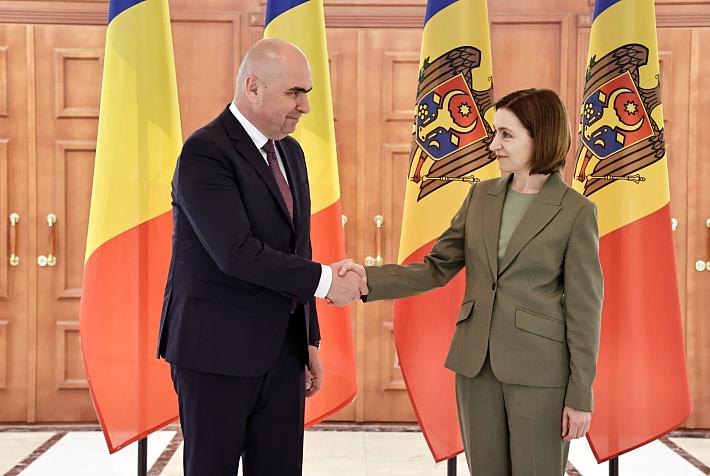Cultural preconceptions: French and Romanians at the merger table

In a meeting of people of different nationalities, parties will notice the different practices first. But in a problematic meeting like the one in the following example, the different perceptions of self and pre-conceptions of others become important, and will lead the parties to interpret the same practice differently. Let us know what you think about the situation below, which involves French and Romanian professionals sitting together at the merger table.
By Irina Budrina
The Deputy Manager of a Romanian industrial company was highly respected and popular for his achievements and attitude towards workers and colleagues. He had been working in the company for many years, having started his career straight from school, completed his internship as a metalworker in the engineering workshop, moved on his career path to floor manager and gradually worked his way up through the hierarchy, completing personal education at the same time.
He was appointed Project Leader by the President of the company, to merge with a French company which showed high interest in the Romanian company’s activities and financial results.
The project group consisted of several people from both companies. The group members had a first meeting and during this meeting they introduced themselves by names and experiences in this field so that their expertise could be used in the best possible manner.
The French members of the group presented themselves with abbreviated titles and university degrees in engineering science, which did not mean so much to the Romanian members of the group. The French managers were clearly embarrassed and confused finding out that the Romanian Project Leader had started his career as a metal worker and had no university degree. His opinion was not counted as an important one by the French managers. Some of his practical examples were met with silence from the French side of the table.
After coming back to the headquarters, the French group complained about him being appointed as a Project Leader. They argued that, by the appointment of the non-academic manager of the Romanian company, the merger was not treated with proper respect and priority.
Deputy manager felt he was treated with disrespect and misunderstanding. His competences were questioned and he felt uncertain about fulfilling his responsibilities as a Leader of this group.
Obviously there are two different patterns regarding what is required to make a managerial career in Romania and in France. These practices have their roots in the different national cultures, but most probably were reinforced by two companies’ own histories. Plus some differences between the engineering community’s sense of pride and status compared to the metalworkers, and the two professional groups' perception of each other.
A concept of a team should be observed in both cultures. The French one can be described as a collection of specialists chosen for their competences in a given field under the command of an unequivocal leader – who was questioned in our case!
Romania has a collectivistic culture where people are used to work in groups and team-spirit has been developed for many years. Romanian people are more open with foreigners than with each other. But they will work hard to “close a deal” once everybody is on the same track.
In France professional relationships between colleagues are founded more on rivalry than collaboration. This begins in the highly competitive school environment, which is based on getting over a series of ever higher hurdles. – Remember formal introductions with titles and University degrees?
Learning to collaborate to solve problems is not a educational tool.
In business, competitiveness is fostered by strong vertical hierarchies. Far from refreshing, people find it disconcerting when others do not compete. They will not wait for a group consensus before taking an initiative. To those from more participative cultures (like in Romania) this can appear deliberately provocative.
The French culture, especially in business, is based on personal contacts. Personal relationships are regarded as important for their own sake. Something similar to the Romanian culture. Can it be a solution in our case? Should people from this team , both French and Romanians, meet in an informal atmosphere? What is your advice? How should we make people with two different patterns work together?
irina-budrina [at] hotmail.com











